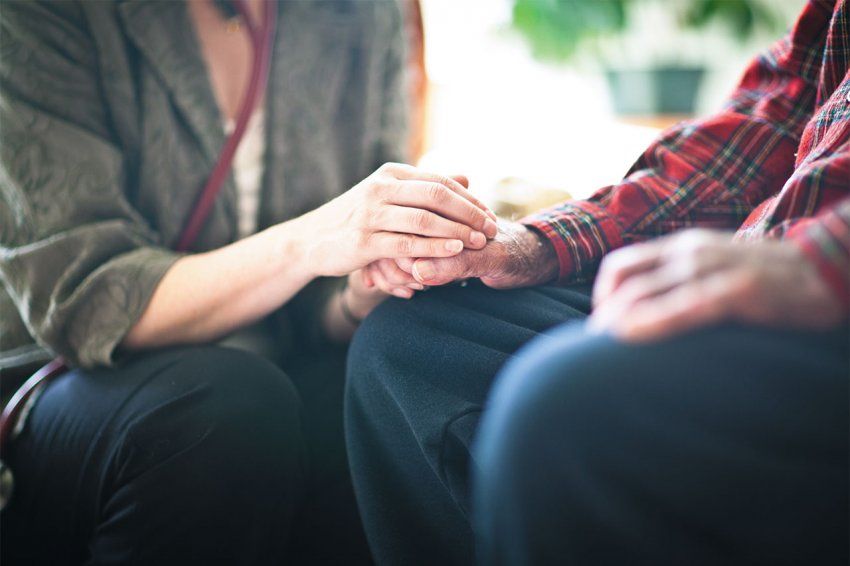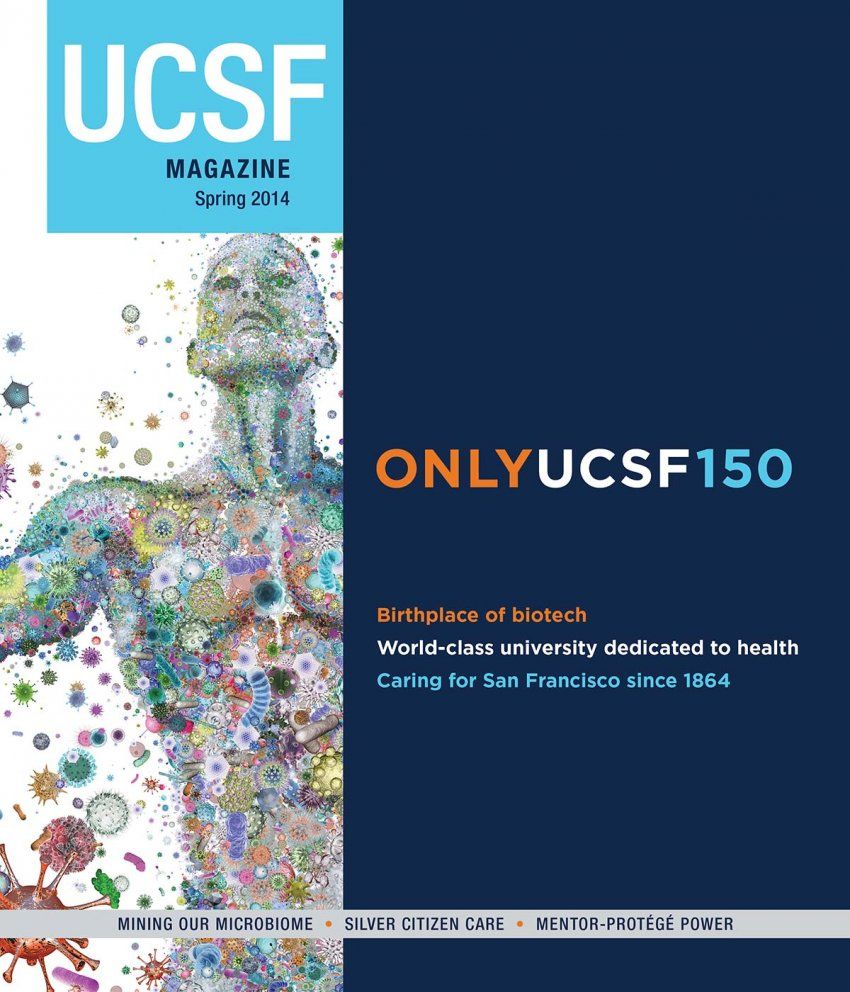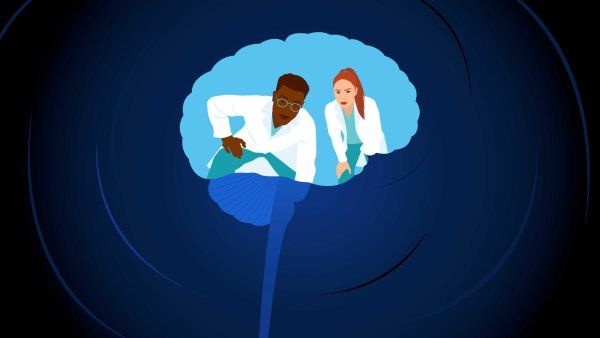
A Dose of Legal Help
How law students are helping UCSF patients with their health care planning.

Photo: Elisabeth Fall
UCSF geriatrician Carolyn Welty, MD, sometimes sends her patients to see a different kind of specialist – a lawyer-in-training.
The unusual referrals stem from a collaboration between UCSF and UC Hastings College of the Law. Called the Medical-Legal Partnership for Seniors (MLPS) and launched in 2012, it’s one of just a few such programs nationwide that provide health-related legal assistance to older adults.
Welty’s patients at the UCSF Center for Geriatric Care may need help with powers of attorney, advance directives, or estate planning. Or she may suspect that they qualify for public benefits they aren’t receiving. A lawyer can help with any of those endeavors. But for many older adults, consulting an attorney is a daunting prospect – and most simply can’t afford the fees.
Instead, Welty, who is medical director of the MPLS, and other physicians point their patients to participating law students from UC Hastings. Each semester, eight students spend 12 to 15 hours a week advising older patients, either at the center or in the patients’ homes. While some patients are wary of lawyers, they usually agree to the visits because “they trust their doctors,” says Yvonne Troya, JD, legal director of the MPLS and a UC Hastings clinical professor of law.
The students mostly help clients complete advance health care directives, durable powers of attorney for finances, and simple wills, and they also perform a full “legal check-up,” explains Troya. For example, some clients don’t realize that they may be eligible for food stamps or that they can appeal reductions made in their Social Security or Medicare home health benefits. But serving clients isn’t solely about filling out legal forms, says Melis Atalay, a third-year law student who participated in MLPS last semester. “It’s to eliminate stress in their lives.”
“I’ve seen it time and again, where patients haven’t planned ahead and some crisis occurs,” concurs Welty. “The stress can affect their health.”
For students, the partnership offers an opportunity to work directly with clients and to learn about the growing field of health care law. And it can mean much more besides. “It was the best part of my law school experience so far,” says Atalay. “It taught me a lot about myself and who I want to be.”




